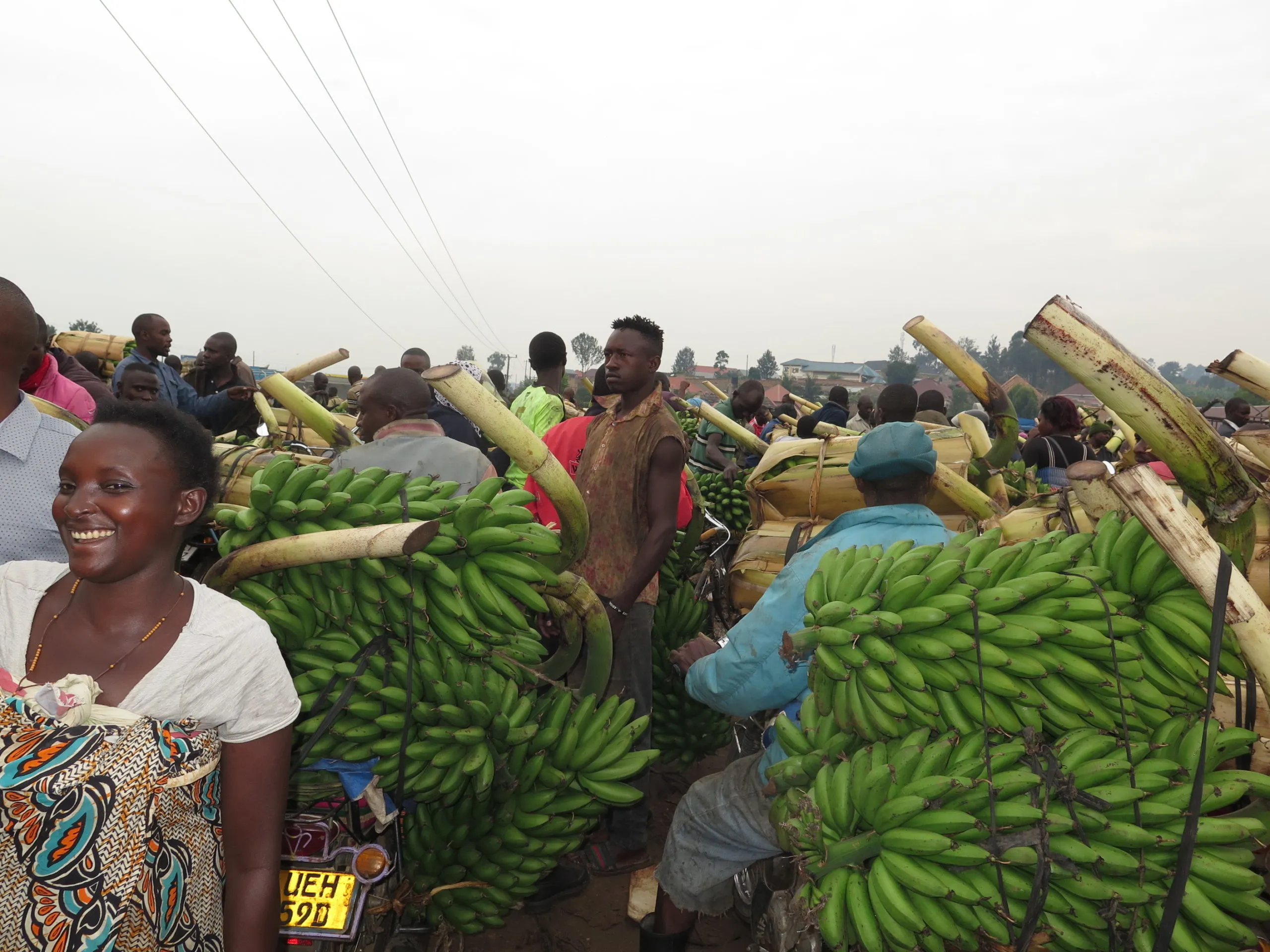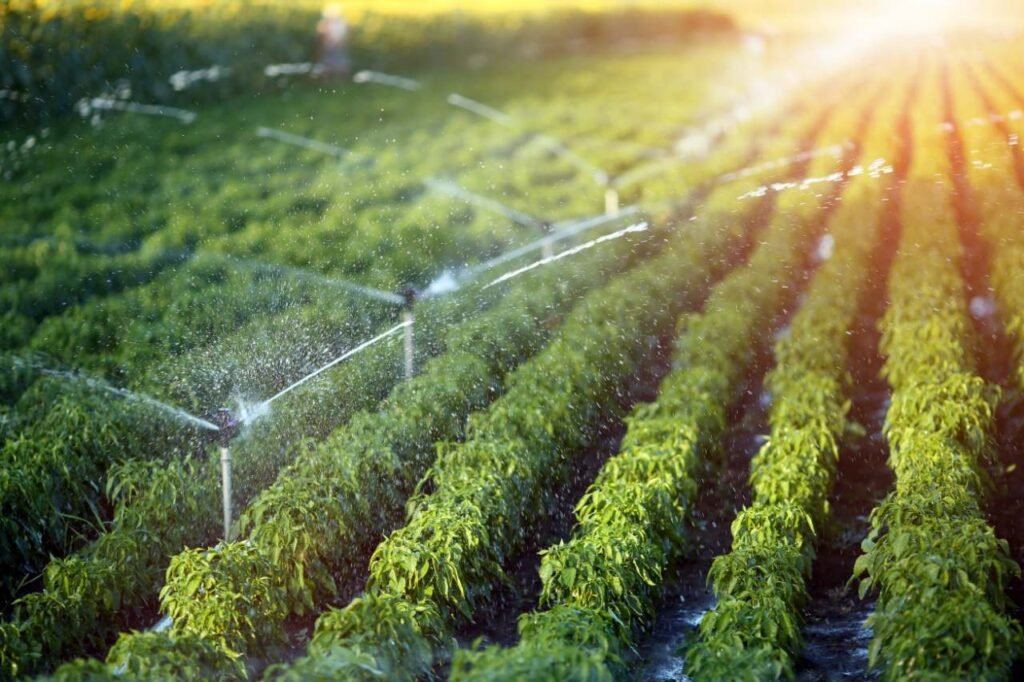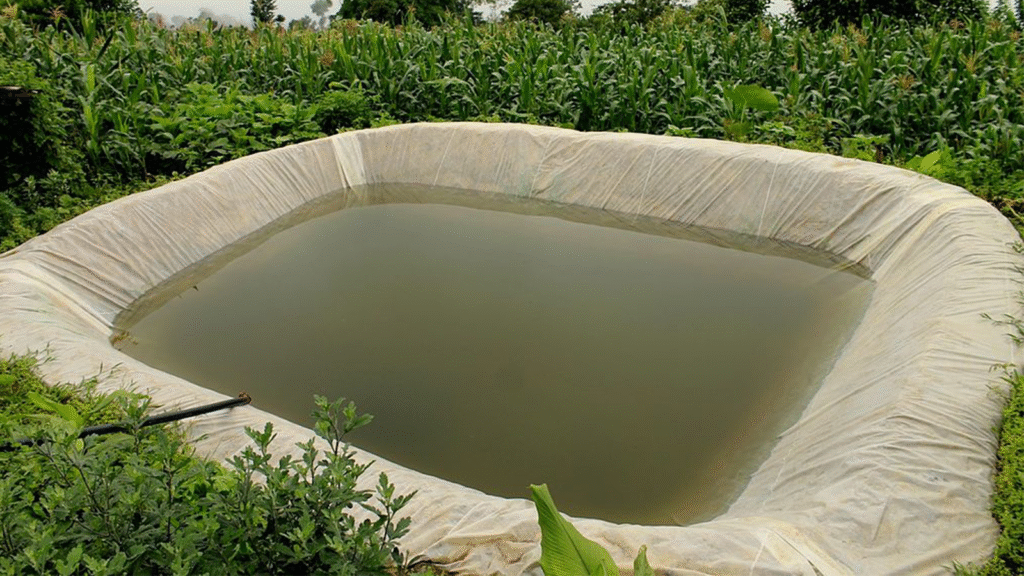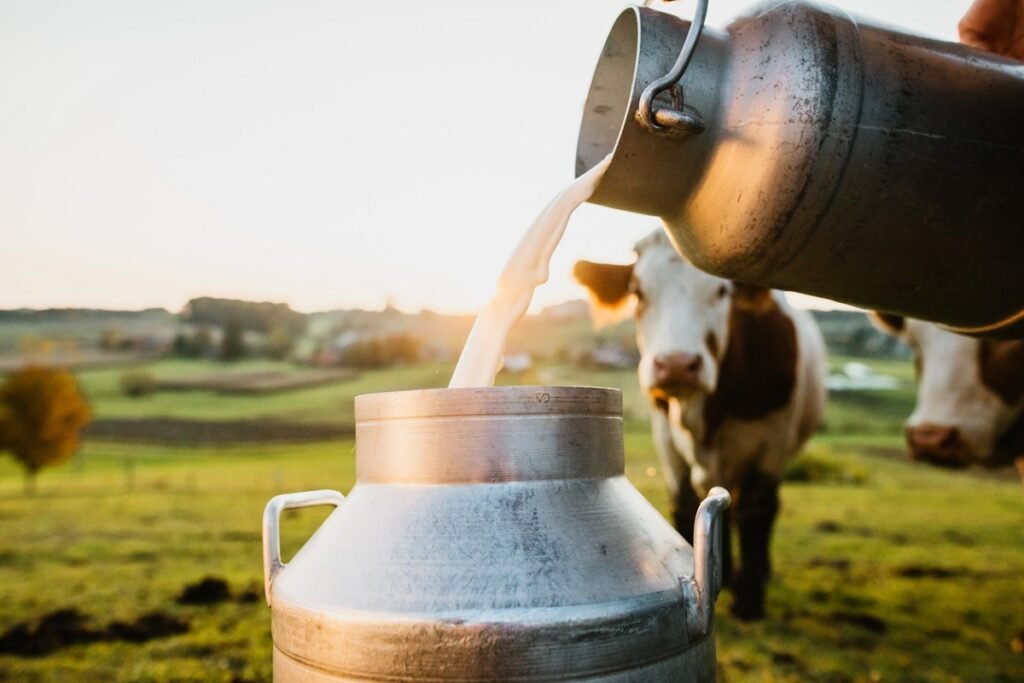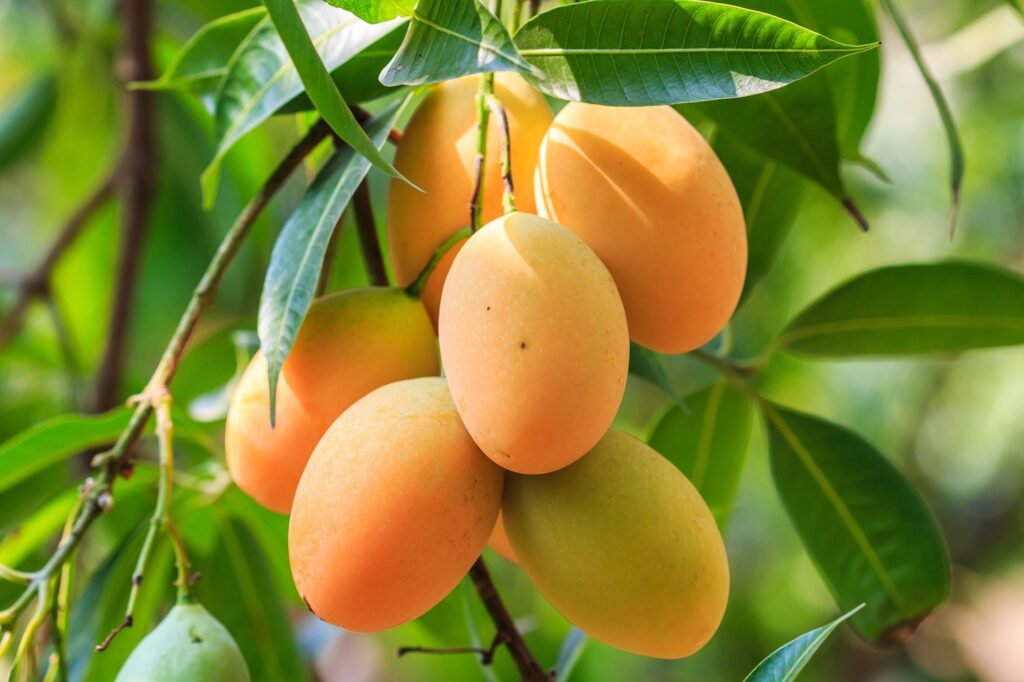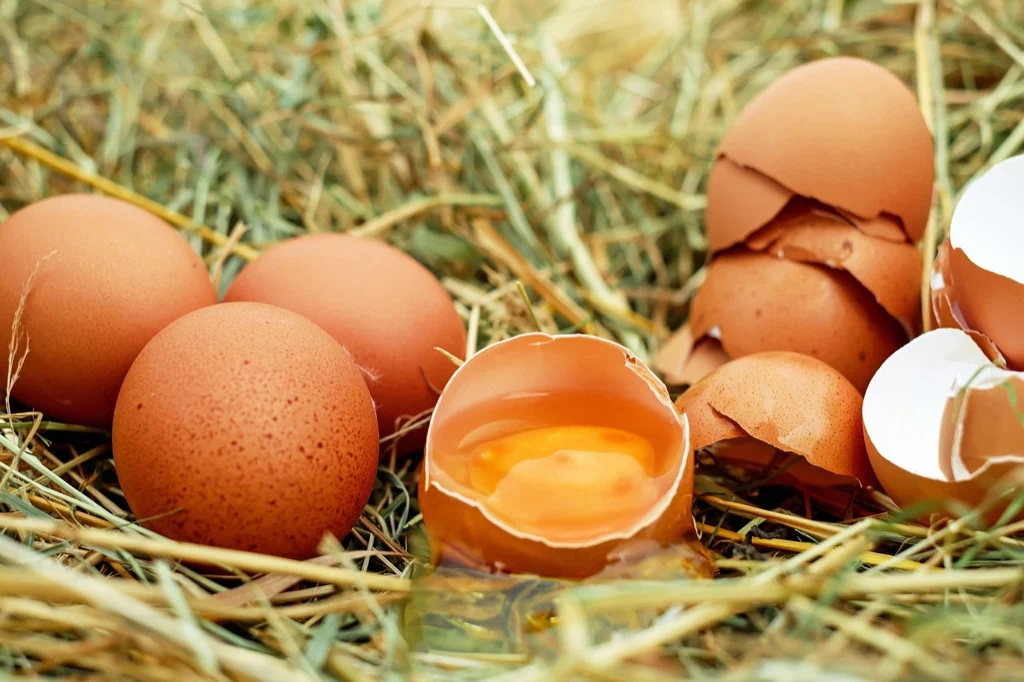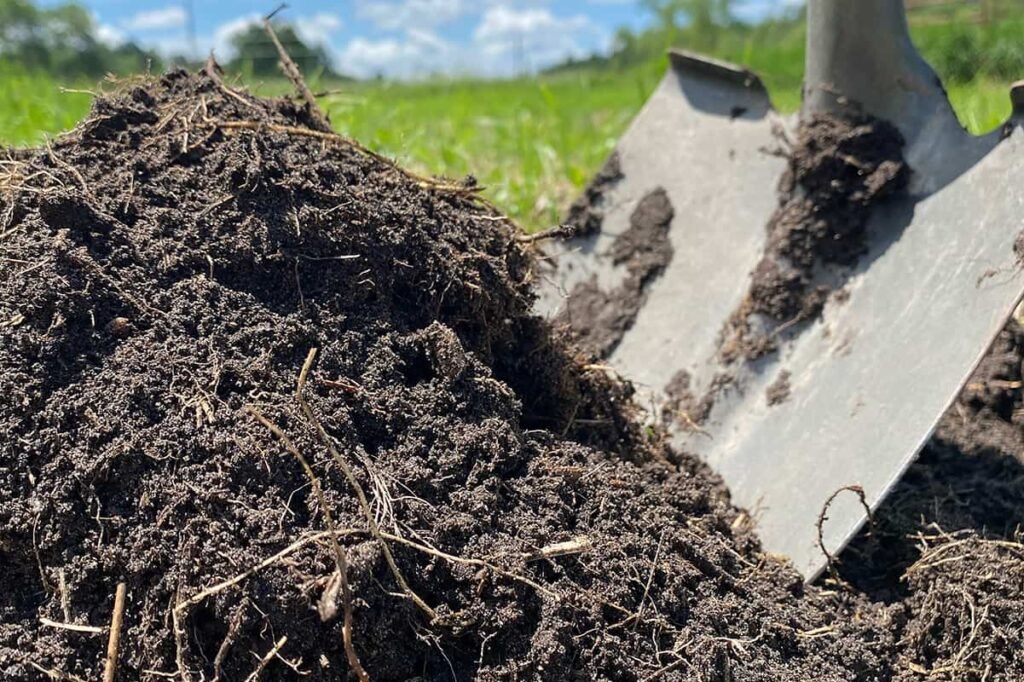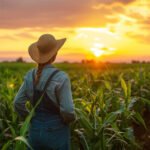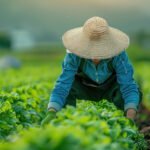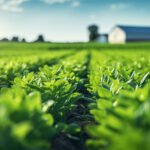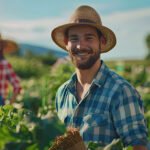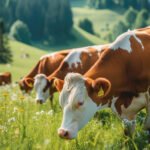Completion Date :
June 30, 2025
Clients :
Restaurants, Hotels, General Public
Location :
Jinja, Namulesa (Uganda)
Category :
Urban Oyester Farming
Matooke Farming at Ibanda
Matooke farming is at the heart of our agricultural mission at Ibanda Farm, located in the fertile lands of Namulesa Village near Kamuli Road and Kiira College Road, around Busoga Growers. With Uganda’s cultural and dietary roots deeply tied to matooke (green cooking bananas), this project plays a crucial role in addressing food security, rural employment, and sustainable farming.
At Ibanda, we cultivate high-yielding, local matooke varieties using environmentally friendly and organic methods. Our approach blends traditional banana farming knowledge with modern agricultural techniques to improve productivity, protect the soil, and ensure year-round supply. The favorable climate, rich soils, and careful land management provide the perfect conditions for banana growth, resulting in strong plants and healthy, heavy bunches.
But our matooke project is more than just farming — it is a community development initiative. By employing local labor, training young farmers, and promoting agri-business opportunities, the farm is creating a ripple effect of economic empowerment throughout the region.
Whether it’s fresh bananas for households, bulk supplies for hotels and institutions, or suckers for new growers, Ibanda Farm is committed to quality, consistency, and impact. Our matooke fields stand as a symbol of resilience, productivity, and Uganda’s rich agricultural heritage.
At the ibandas intergrated farm, mushroom farming is taken as asolution to the limited space for farmers in towns as we thrive to maxmise muchroom output in the least space to provide Quality muchrooms.
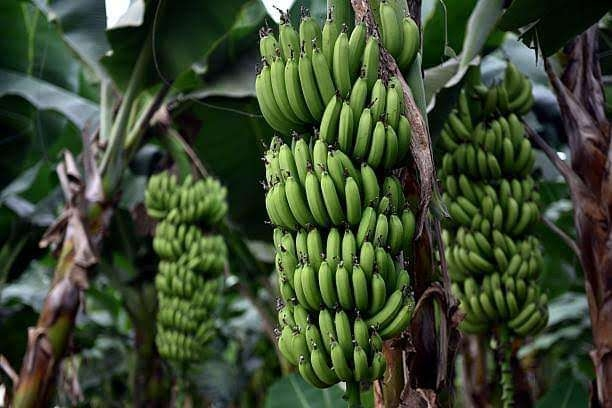

Focus Areas – Matooke Farming at Ibanda
We grow traditional Ugandan matooke varieties using organic and climate-smart practices. From land preparation to harvesting and post-harvest handling, every stage is managed to ensure fresh, healthy, and market-ready produce.
Soil Health & Organic Fertility
We prioritize long-term soil productivity by enriching our fields with organic compost, banana peel waste, cow dung, and mulch. These inputs improve soil structure, encourage microbial activity, and reduce the need for chemical fertilizers. Healthy soil equals healthy bananas.
Pest & Disease Control
Our farm applies integrated pest management (IPM) techniques to protect our crops from banana weevils, nematodes, and black sigatoka disease. We use safe, eco-friendly sprays and natural practices like intercropping with plants that deter pests, reducing reliance on chemicals while keeping the plantation healthy.
Spacing, Pruning & Crop Management
Each matooke plant is given enough space to thrive. We follow proper spacing guidelines to avoid overcrowding and improve air circulation. Regular de-suckering, pruning, and removal of dried leaves enhance plant strength and ensure the energy goes into producing big, market-grade bunches.
Water Management & Drainage
Matooke loves moisture but hates stagnant water. We use smart drainage channels, mulching, and planting on ridges to conserve water during dry spells and drain excess during rainy seasons. This balance improves yield while protecting roots from rot and erosion.
Harvesting & Post-Harvest Handling
We harvest matooke at the optimal maturity stage to ensure full flavor and nutrition. The bunches are carefully cut to avoid bruising and are stored in shaded areas before being packed or delivered. We sort bananas by size and condition to serve both household and commercial buyers.
Sucker Production & Community Outreach
We propagate healthy suckers (banana seedlings) from disease-free parent plants. These are used to expand our own plantation and shared with surrounding farmers. As part of our community empowerment efforts, we also provide basic training on matooke care, planting, and soil management to help other growers succeed.
This well-rounded approach ensures that our matooke fields are productive, environmentally friendly, and beneficial to both the farm and the wider Ibanda community.

